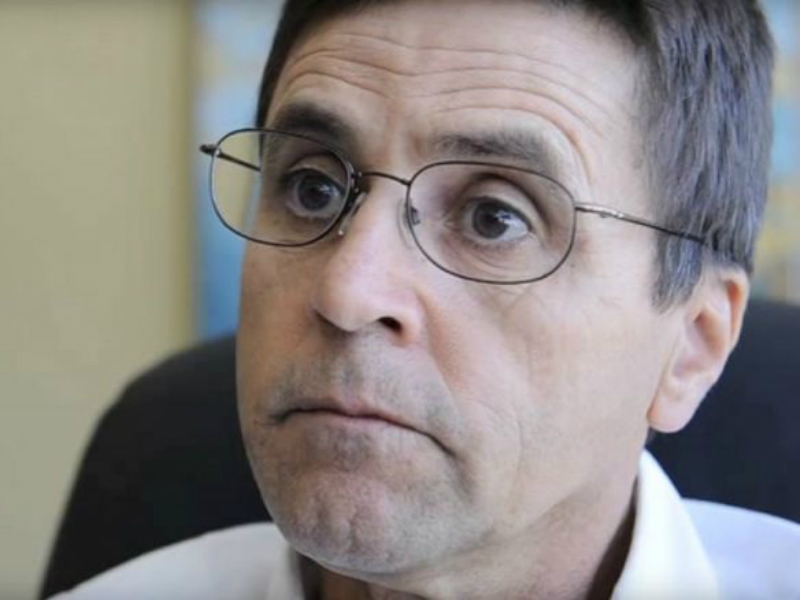My only real regret from the three years I served at the Canadian Jewish Congress (CJC) was the small role I played in the tragedy of Hassan Diab.
I was sitting in my Ottawa office one morning in 2008 when colleagues called from Toronto. Diab, a local professor, had been arrested, they told me. He was accused of committing a notorious terrorist attack that killed four people outside a Paris synagogue in 1980.
I rushed to the bail hearing to represent our community. Diab sat a few metres away, near a small group of supporters. I dismissed them as dupes, though I remember some niggling feeling that, perhaps, I was the dupe.
As a lawyer, I knew Diab was entitled to due process and simple fairness (he wasn’t – see below). I therefore adjusted my media talking points, waited for a break and found the press.
Years later, I can’t remember precisely what I said, but media reports quote me stating that Diab’s arrest “sends a message to terrorists around the world … that, no matter how long time passes, authorities will continue to pursue them.”
Anyone who has had media training will see the small cleverness in that line. What I said was both true and reasonable. Who can disagree with it?
But the conceit is also transparent. Despite being true and reasonable, my statement on behalf of our community, ambiguously implying that Diab might have been a terrorist, put a tiny bit more energy in the case against him.
By contrast, I could have said, “The crime was heinous, but we have no idea if Mr. Diab is the culprit. Like all Canadians, CJC believes that Mr. Diab deserves the benefit of the doubt.” Such words would have been equally true and reasonable but would have comforted Diab, rather than kicking him when he was already down.
Instead, I piled on, apparently also arguing that he didn’t deserve bail. I made my small contribution to the case against him.
But that case turned out to be flimsy. The Canadian judge called it “very problematic” and “convoluted.”
And that was before we discovered that our Department of Justice – think of that name – may have deliberately withheld exculpatory evidence, something shockingly permitted under our extradition process.
Despite it all, Diab was summarily deported. He went straight to solitary confinement in a notoriously violent French prison. He missed the birth of his son and fought mental breakdown. Back in Ottawa, his family went broke trying to free him, all while living a counterpart nightmare of their own.
READ: SHINEWALD: BREAKING BREAD WITH THE DEVIL
Years later, France finally freed him. Judges ruled eight times that there was insufficient evidence against him. Diab returned home in May.
His life is in shambles and his young children fret that their father will be taken away again, but he is impressively serene. “I don’t want a penny,” he said.
What he does want is for our extradition process to be amended so the miscarriage of justice carried out against him cannot happen to anyone else again.
That is a noble cause and – given our community’s role in his tragedy, however small – we have a moral duty to support it.
CJC can’t, because it no longer exists . But the website of the Centre for Israel and Jewish Affairs (CIJA) states that it “is now responsible for all activities previously administered by Canadian Jewish Congress.”
The least CIJA should do, therefore, is join the 20-odd organizations supporting Diab’s call for a full, independent public inquiry. As a community, we must make this right.
But personally, so must I, particularly in this season of teshuvah. Therefore, I hereby express my deepest regret to Mr. Diab for my actions. I also commit to supporting his principled and honourable campaign for a public inquiry. Finally, I offer Mr. Diab and his family my sincerest best wishes for a secure and happy future at home here in Canada.
